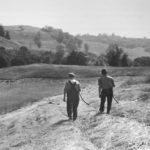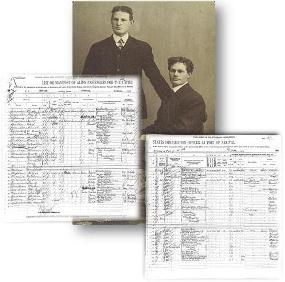Using sample inquiries we will introduce historical thinking skills, online sources for finding historical materials, and approaches to supporting student analysis and interpretation.
Tuesdays, 4:30 – 6:00 pm [on Zoom]
October 17, 24; November 7, 14, 28; December 12, 2023
Registration Fee: $125 per session; $650 for all 6 sessions
Graduate Fee: $475 See the attached syllabus

October 17: What can history tell us about why Vermont communities have been so impacted by flooding?
How does human activity on the land impact neighboring natural and human communities? How has our contemporary landscape been shaped by human activity in the past?
Topics: Early Settlement, Economic Development, Environmental history
Primary Sources: Maps, Photographs

October 24: How did industrialization change the lives of people in our communities?
Topics: From Farm to Factory; Child Labor
Primary Sources: Diaries, Letters, Lewis Hine Photographs, US Census
November 7: Who has immigrated to our communities? How welcoming have we been?
Topic: Immigration
Primary Sources: Political Cartoons, Photographs, U.S. Census
November 14: How were our communities connected to slavery?
Topics: Triangle Trade, Slavery, Local Economics
 Primary Sources: Newspapers, Legal Documents, Account Books, Letters
Primary Sources: Newspapers, Legal Documents, Account Books, Letters
November 28: What are ways people stand up for what they believe in?
Topics: Antislavery, Underground Railroad, Women’s History
Primary Sources: Letters, Diaries, Record Books, Photographs

December 12: How do communities help people in need?
Topic: The Great Depression
Primary Sources: Census, Eugenics Survey, Photographs, Memoirs
